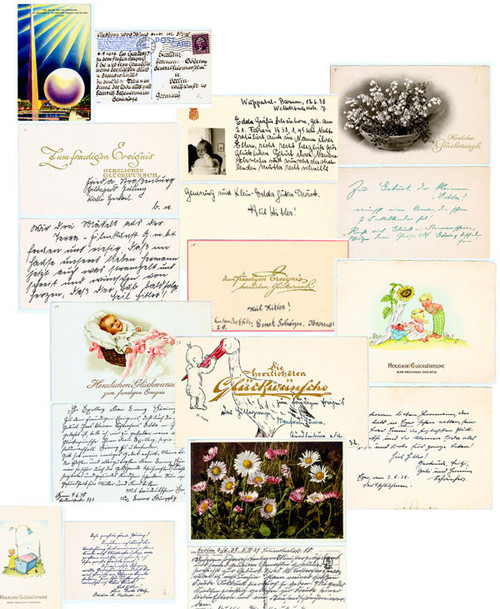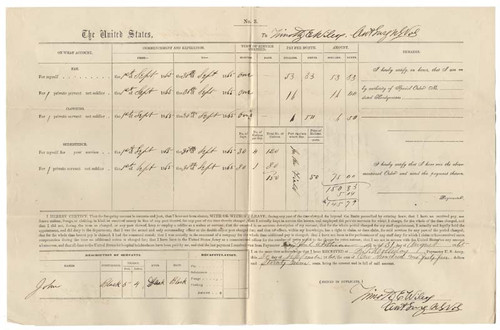Emile Berliner (1851–1929) was a German-born American inventor and entrepreneur renowned for his pioneering contributions to the fields of telecommunications and sound recording. He is best known for inventing the gramophone, a groundbreaking device that allowed for the reproduction of sound through flat discs rather than cylinders. This innovation revolutionized the music industry and laid the foundation for the modern record player. Berliner also played a pivotal role in the development of the microphone, contributing significantly to the advancement of telecommunications technology. His inventions and contributions left an indelible mark on the world of audio technology and communication, earning him a lasting legacy as a transformative figure in the history of innovation.
Washington, D.C. November 15, 1926. On Berliner’s imprinted personal letterhead to W. L. Richards, his head of testing during the development of the telephonic microphone.
“I have yours of the 11th instant and we certainly shall make corrections for another edition.”
“Slight discrepancies which do not affect any important issue might I believe be left untouched. This refers I think to your notes regarding pages 61, 62, 63, 66.”
“The mistake on page 65 regarding Professor Henry of course must be corrected, and regarding page 159 will you please formulate the paragraph to suit yourself, as I do not absolutely recall except that for a time I did do that very thing namely, went over the shop at Williams but left the rest of it, testing etc. in your hands.”
“The issue raised on page 72 “Bell has made his invention with the magnetic current” applies strictly to the experiment of June 1875 when the snapping of the harmonic Spring by Watson excited bells attention as Watson himself relates that incident constituted of the invention of the telephone. At this juncture, I would like to ask you whether the experiment of transmitting by a piece of platinum dipping in acidulated water was ever repeated by you or anybody else. At one time it was I believe discussed by Storrow’s office and as far as I recollect the contrivance only worked with the point of the platinum just touching the water. It is not all unlikely that it had been worked as a loose contact and not as Bell had intended.”
“Mr. Allen has sent me copies of photographs, and I am going to publish the general results, but Allen himself is preparing a scientific account to be published in some important magazine like the Franklin Institute, etc. I wonder if the laboratory magazine there would want to do so.”
“I should be very glad to send, as you suggest, one of Mr. Wiles books to Mr. Kraft, if I would know that he had expressed the wish of having a copy. Otherwise you know, it might look as if I took myself seriously. His wish, expressed through you will be entirely sufficient. At present I am out of copies what I have written for more.”
“Mr. Allen and I have decided to publish two of his photographs, one taken in dry air with most of the accumulated dust re-touched out, the other in moist air taken within a few seconds and showing a wider, clear gap.”
“Of course all these photographs had, almost by necessity, be made with metal contacts, because you can polish such contacts. With carbon the picture would be somewhat different, and it is not at all unlikely that the assumption of carbon having condensed on its surface a cushion of air, would show.”
“A rather important observation was made both by Alan and myself independently, namely, that with a low voltage, say, a half a volt, the action is remarkably clear and, with the metals used, there is no “sticking”.
“I believe I told you that I had sent a copy of the book to Mr. Thayer, who wrote me a very nice acknowledgment.”
Boldly signed by Berliner at the conclusion.
Discussing changes and edits to a Book with W. L. Richards, who had served as Berliner’s assistant during the early development of the teleponer receiver and microphone. Richards had been in charge of conducting experimental testing and was called upon for his recollection of events which had occurred. The letter offers an interesting account relating to the genesis of the telephone by Watson. Berliner has drawn in pencil a small illustration of an apparatus.








